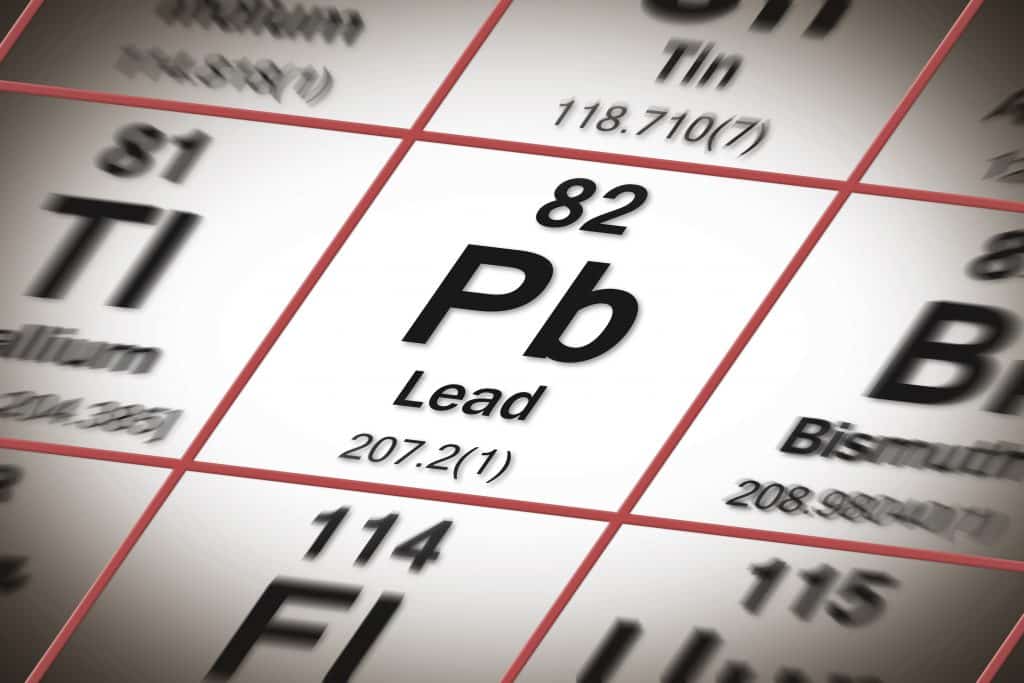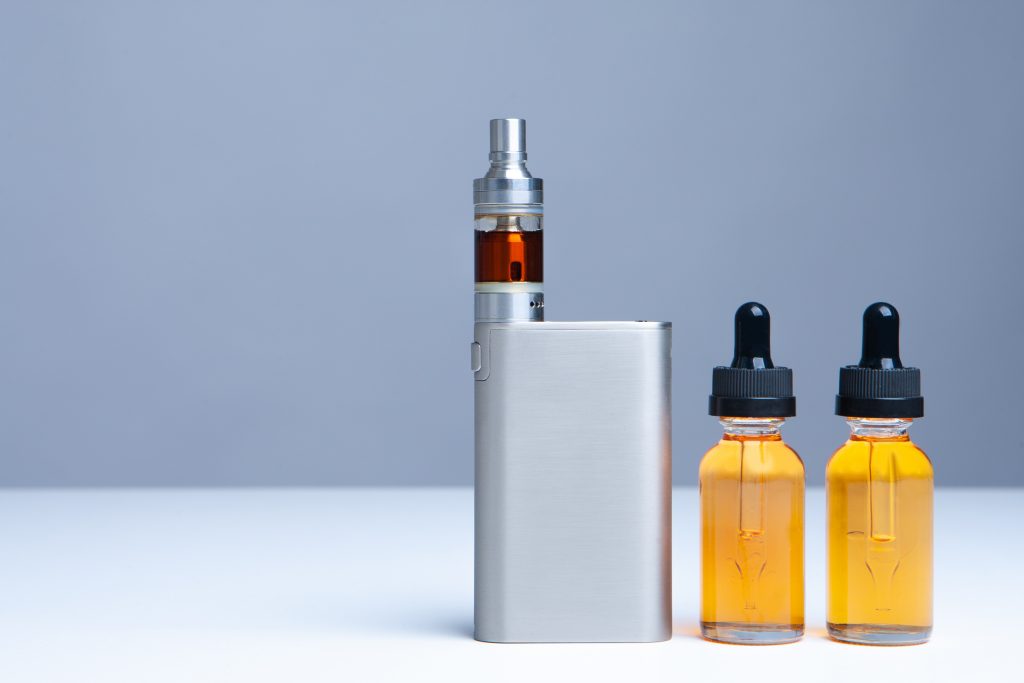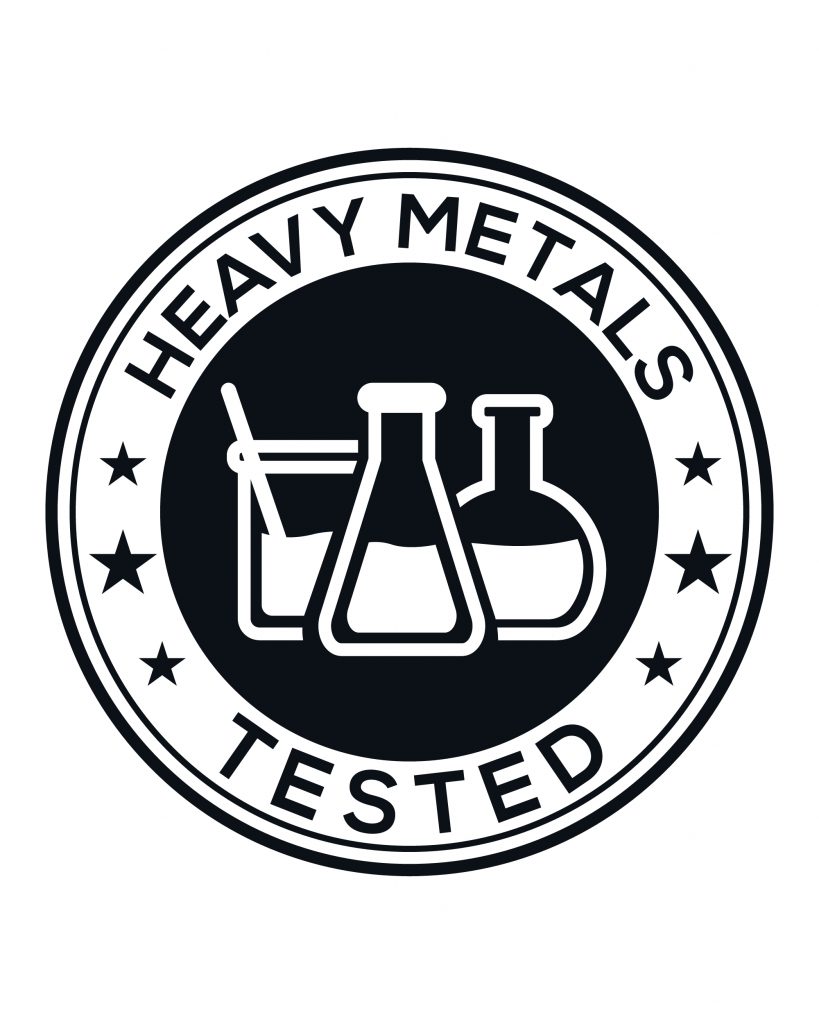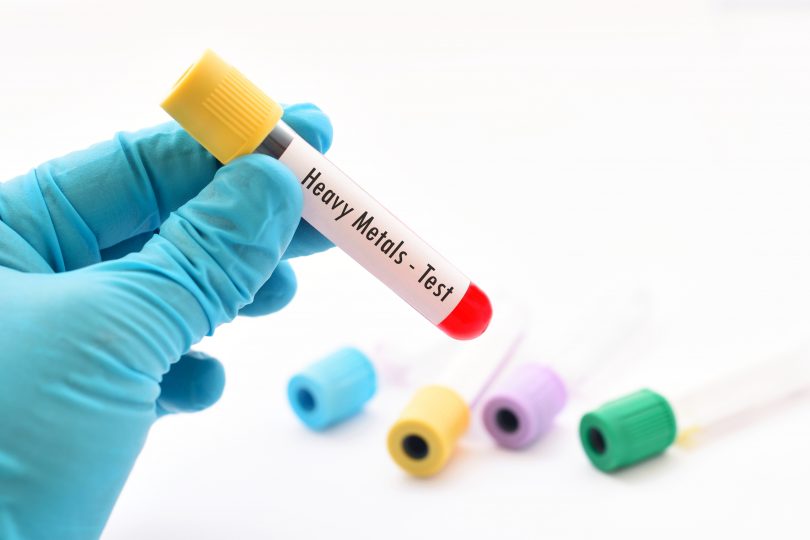The truth is, there’s a lot we don’t know about vapes. For one thing, the idea that people might get sick is often attributed to additives. However, other things, like heavy metal testing in vapes, isn’t even yet a part of standard regulation, so we don’t know what kind of problems they could be causing. Is the heavy metal thing an issue of concern, and what can be done to ensure users aren’t ingesting dangerous amounts?
Heavy metal testing in vapes is still in its infancy, and users should always be aware of this. Luckily, regulation to ensure products are safer should be coming soon. For now, vapes still seem to provide a healthier option to standard smoking, and we’ve got great deals for all kinds of cannabis compounds from delta-8 THC, to THCV, to THC-O-A. If you’re concerned about vaping, have no fear! We’ve got delicious gummies, and a range of other delivery methods so you can get your favorite product, in your favorite way. Save big on Delta 8, Delta 9 THC, Delta-10, THCO, THCV, THCP & HHC products by checking out our “Best-of” lists!
What are heavy metals?
First and foremost, we’re not talking about rock music. That’s the good kind of heavy metal (so long as that’s your thing). The heavy metals we’re talking about are metals based on high densities, atomic weights, or atomic numbers. How they are distinguished can be different in different fields, with metallurgy defining it by density, physics defining it by atomic number, and chemistry looking more at the behavior of the molecules. There are no further widely accepted definitions.
While separate definitions can include up to 96 out of the known 118 chemical elements, only three meet all definitions, and they are mercury, lead, and bismuth. If you’ll notice, mercury and lead are often brought up when it comes to heavy metal concerns. Think of those who are concerned about thimerosal in vaccines (that’s mercury), or having lead in paint or water.
The term ‘heavy metals’ is often therefore thought of as strictly negative for humans, but this is not the case either. Some heavy metals are also essential nutrients to the human body, like iron and zinc. And some are harmless like silver, gold, and indium. In fact, some non-essential heavy metals like gold and silver have actually shown to have health benefits, though this is more accepted through natural medicine traditions (like cannabis in general), than Western medicine. You can be your own judge of why. Silver and gold are both antimicrobials, with both being used medicinally for thousands of years.

How does an oil vape work?
The first thing to understand is that when we talk about heavy metals in vapes, we’re not talking about all vapes. There are dry herb vapes in which regular flower is inserted and vaped, where these issues are not necessarily a problem, as that industry has already done more to ensure safer vaping materials. The problem relates explicitly to oil vapes, and can relate to either the e-Cig industry, or the cannabis oil vape industry, with each using similar vapes to smoke from, and similar compounds within.
How a vape works is important in understanding where issues with heavy metals come in. When dealing with oils, the oils themselves are in a cartridge, also sometimes called a tank when refillable. While glass and stainless steal are sometimes used, cartridges and tanks are generally made of polycarbonate plastic. The tanks and carts usually contain the atomizer for the vape, which is a metal coil that heats up. Along with this metal coil, are metal solders within the cartridge as well. The atomizer is a small heating unit which heats the oil to vaporize it into tiny microscopic droplets.
In order to power the atomizer, the vape requires a battery, and that’s the body that the cartridge screws into. This battery must be strong enough to heat the atomizer to about 400 degrees Fahrenheit in a very short period of time, which means these days they use rechargeable lithium-ion batteries. The entire process is pretty simple. A sensor helps the atomizer know when someone is pulling on it, and when it should heat. The mechanics are relatively simple as well, and essentially the same whether a person is smoking an e-Cig or a cannabis vape cart.
Do we need heavy metal testing in vapes?
Now that we know what heavy metals are, and we know how vapes work, the question becomes, how necessary is it to have heavy metal testing in vapes? And the answer seems to be pretty consistent, and a little unsettling. In a 2019 presentation titled Heavy Metal Contaminants from Cannabis Vaporizer Cartridges: Valid Concern or Blowing Smoke?, investigators performed a pilot study to assess how much vaporizer cartridges emit four basic dangerous heavy metals of interest: Pb (lead), Hg (mercury), Cd (cadmium), and As (arsenic). The tests were done directly on the aerosol being inhaled by the user.
Investigators used three different kinds of hardware to see if different brands provided more or less harmful offerings, and standard voltage settings were used. The investigators tested realistic formulations of cannabis to get an accurate portrayal of how it works over time with heavy metal exposure. The formulations were tested from the cartridges, as well as an air-sampling pump being used to create cannabis aerosols. The goal was to see how much of these heavy metals made it into the aerosols being ingested.
Preliminary findings backed up that heavy metals do leach out from the hardware, and a decent amount ends up in the aerosol that gets breathed in. It also showed how after six months of sitting in a cartridge, that vape oil contained 3X the action level of lead, indicating that its not simply about the heating process, but that these chemicals can leach out even when no heat is applied. The basic overall findings showed that heavy metals were found from the condensate made by vape cartridges, that the recovered and remaining solutions had an elevated level of heavy metals as compared to the material at start, and that vaping itself is not necessary for cartridges to leak out heavy metals.

It should be pointed out, all this has to do with the hardware of the vape emitting these heavy metals, and is not related to the oil, or any harmful chemicals or additives that can be therein. That is a totally different topic for a different time.
Does it matter?
While we might not all be scientists, and while there is drama and debate around where some heavy metals show up, like vaccines, there does seem to be a general consensus in the world of science at large, that many heavy metals are extremely dangerous to human health. As per the 2021 article: Toxic Mechanisms of Five Heavy Metals: Mercury, Lead, Chromium, Cadmium, and Arsenic, its stated that,
“Several acute and chronic toxic effects of heavy metals affect different body organs. Gastrointestinal and kidney dysfunction, nervous system disorders, skin lesions, vascular damage, immune system dysfunction, birth defects, and cancer are examples of the complications of heavy metals toxic effects.”
It goes on to say about high-dose and low-dose exposure, “High-dose heavy metals exposure, particularly mercury and lead, may induce severe complications such as abdominal colic pain, bloody diarrhea, and kidney failure. On the other hand, low-dose exposure is a subtle and hidden threat, unless repeated regularly, which may then be diagnosed by its complications, e.g., neuropsychiatric disorders including fatigue, anxiety, and detrimental impacts on intelligence quotient (IQ) and intellectual function in children.”
So yeah, it kind of seems like limiting heavy metal exposure, whether in large doses, or small doses, is important. And considering vapes propose long-term and constant exposure, even at lower doses, this can cause numerous, and substantial health concerns.
What else do we know?
Unfortunately, there aren’t a lot of studies on this yet, so while it’s becoming an understood and talked about issue, it still lacks the backing of a consistent body of research behind it. Plus, research that has been done, like what’s referenced above, does not always have every specific piece of information being looked for. Right now, we can put pieces together. We know that heavy metals of interest are in the aerosols, and we know these heavy metals are dangerous to human health.
We also know, from this – Metal/Metalloid Levels in Electronic Cigarette Liquids, Aerosols, and Human Biosamples: A Systematic Review, which investigated metal/metalloid levels in e-liquids, aerosols, and biosamples from e-cigarette users, that this can be measured in humans. Of the 24 studies used for the review, four of the studies specifically reported on heavy metal levels in human biosamples, including urine, saliva, serum, and blood. The review found that most biosamples of e-Cig users was higher than biosamples for regular cigarette smokers, or cigar smokers.

As someone who repeatedly affirms the idea that vaping is less dangerous than smoking, I think it’s still good to point out that vaping just doesn’t cause the same kind of death levels as smoking, though it is quite possible that this could change over time with more vape exposure. As a vaper and an asthmatic, I can say that vaping causes significantly less acute damage to me, to the point where a comparison is still silly, but I certainly cannot attest to what will happen long term, and I admit I find this a bit frightening. The idea that heavy metals are being consumed in this way, does point to a significant issue with oil vapes, which could in a few years lead way to very significant health issues.
What is being done for heavy metal testing in vapes?
The problem with having no formal regulation across different state’s industries, and no law requiring it in legalized locations, is that it becomes up to state regulators to institute regulation. This has been slow-moving at best, despite a growing number of complaints about heavy metals in vape cartridges.
Colorado has been leading the way, setting new laws that enforce heavy metal testing starting in January 2022. Colorado labs will be required to test vape liquids, and concentrates, as well as their vape emissions. One of the stipulations here, and a failing of Colorado’s new policy, is that it will not account for heavy metals that leach into the vape fluid while sitting in a cartridge, which as per the findings above, is a very important factor.
Even so, this is great progress, as it will account for what ends up in vape aerosols after the aerosols leave the cartridge, and will account for not only what was originally in the vape fluid, but what the parts of the cartridge might add to this. The law was added to Colorado’s cannabis regulation last year.
Unfortunately, Colorado is still the only state that seems to be enforcing such a measure, though Maryland (which currently only has a medical program), does look like it might be instituting a requirement for independent testing, though its site is quite lacking on what this means. Maryland, however, has already shown an understanding that final vape aerosols needs to be tested separately from raw materials, and it seems this new policy is likely to include similar testing to Colorado.
Conclusion
Much like with ensuring there aren’t bad chemicals being added to vape oils for purposes of flavoring, filling, stabilizing etc., ensuring that vape cartridges themselves are not harmful is also important. Vaping has shown to be a much healthier general option than smoking cigarettes, and though we don’t have all the answers yet, simply enforcing cartridges that can’t cause these problems, would certainly be a useful regulation when dealing with the overall issue of decreasing the heavy metal volume found in testing of aerosols produced by vapes.
Welcome to all! You’ve arrived at CBDtesters.co, your one-stop-shop for the most recent, interesting, and relevant cannabis and psychedelics-related news from around the globe. Read-thru the site daily to stay on top of the fast-paced world of legal drugs and industrial hemp, and sign up for The Delta 8 Weekly Newsletter, so you get every news story first.
Disclaimer: Hi, I’m a researcher and writer. I’m not a doctor, lawyer, or businessperson. All information in my articles is sourced and referenced, and all opinions stated are mine. I am not giving anyone advise, and though I am more than happy to discuss topics, should someone have a further question or concern, they should seek guidance from a relevant professional.









